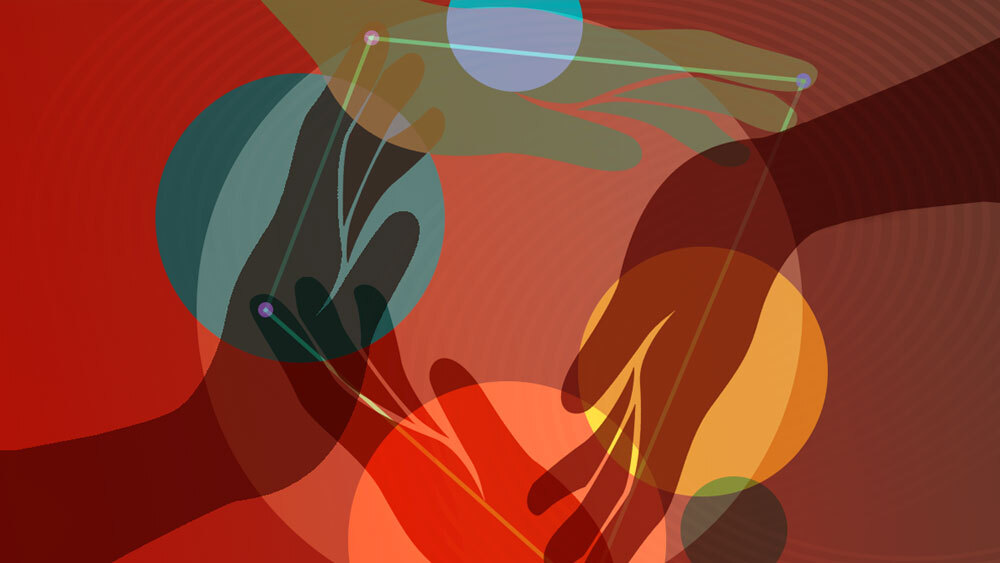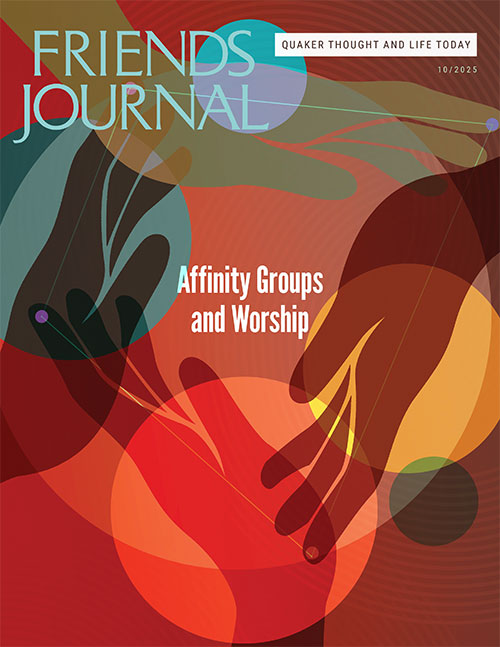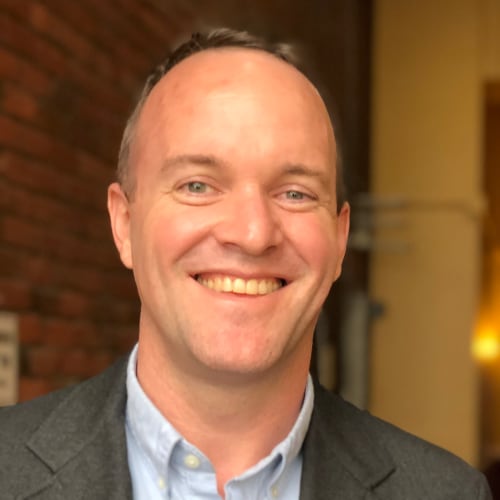A few years ago, when I was clerk of my meeting, one of our members wrote to me with a question that I hadn’t considered before. She told me she’d been worshiping online with a group that had just formalized itself as Ujima Friends Meeting, an independent Quaker worship community of people of African descent. She wanted to join Ujima as a member, and she wanted to know if she could do this while retaining her membership at Green Street Meeting in Philadelphia, Pa. She wrote:
I have been a member of Green Street for 30 years and during that time I have never felt led to move my membership. God led me to Green Street without my even knowing what an extraordinary Meeting Green Street is within the Religious Society of Friends. As I have pondered what I want to say to the members of my Meeting, Green Street, I have found myself beset with anxiety.
This Friend did not want a simple “Sure, that’s fine!” She wished to engage our Quaker process with complete transparency, and for the meeting to consider this request with the same spiritual seriousness that she relied on to make it. Our Care and Counsel Committee met with her and ultimately recommended that the meeting accept this request for dual membership. I want to share some of their words:
Ujima Meeting has a mission specific to Friends of African Descent and meets the spiritual needs of some African Heritage people in a way that our Meeting does not, at this time. Our Friend wants to be very clear that she loves GSMM, she has no desire to transfer or terminate her membership. But she feels that Ujima is a “bridge that she is moved to cross” at this point in her life. By recognizing her dual membership in Ujima Friends Meeting, Green Street Monthly Meeting recognizes the importance of her role in being a bridge between our Meetings.
Our meeting sat with this recommendation and after much discussion accepted it, though, as I recall, one member chose to stand aside. Some Quakers approach the concept of affinity spaces warily. I’m a white, cisgender, heterosexual man with a college education, a mortgage, and steady work. It can be difficult to acknowledge, especially for people like me who possess characteristics of privilege, that the structures and spaces of our religious community will privilege the same things our society does—unless we work actively to change this.
We demonstrate a fundamental spiritual respect when we recognize and support our members’ wishes to participate in affinity spaces under the Quaker tent. Our communities are stronger when Friends with diverse identities participate. Affinity spaces can make it easier for more folks to stay in the Quaker tent while all Friends do the hard work to become the beloved community we seek to be.
This issue of Friends Journal includes stories of affinity spaces and seeks to answer key questions: Who? Why? How? No doubt it will raise as many as it answers, but perhaps the most important ones we might walk away with are: Whom are we unconsciously excluding? How can we support them? And how can we be changed?






Reading the October issue of Friends Journal, I learned about Affinity Groups—a form of gathering new to me. Was the group of parents, connected loosely to New England Yearly Meeting, such a group? This group has been meeting for over five years. Parents come from near and far—even as far as Australia—to share their experiences of caring for and guiding their children. They explore how their Quaker beliefs, and the testimonies and practices guide their parenting. They end their sessions with some silent worship.
The issue made me wonder what other such groups exist and how do they nurture both individuals and our wider Quaker community?